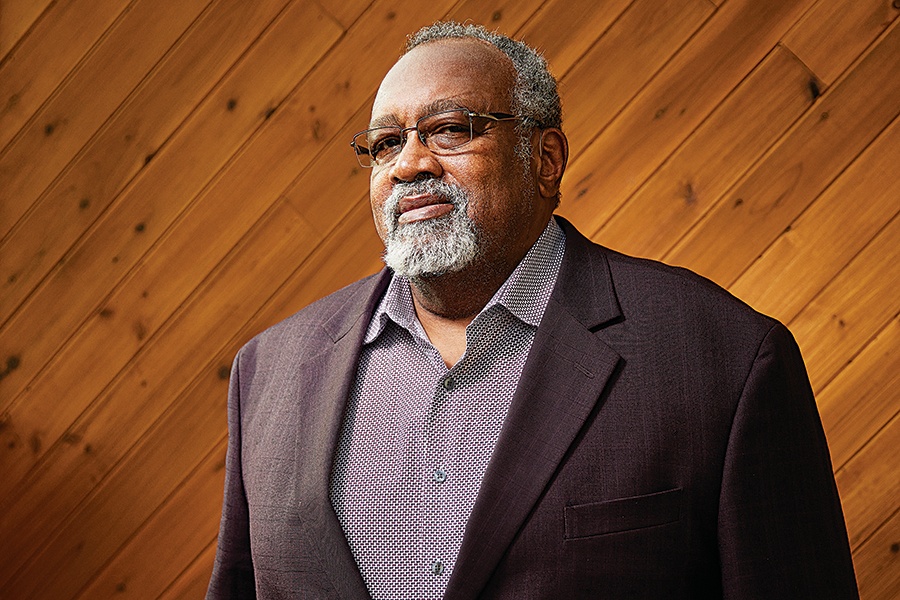“Nothing comes from nowhere,” said Glenn Loury on Substack yesterday. “Today’s woke politics have they’re antecedent in debates about speech and censorship that have been raging in this country for some time. Back in the 1980s and ‘90s, I was a vocal opponent of political correctness on college campuses. Student activists, often supported by select faculty members, tried to purge the classroom of language and ideas they deemed unacceptable. Classic texts and harmless figures of speech came under assault in the one place where free inquiry was most vital.”

Glenn Loury, professor of economics at Brown University
Loury continued: “Yesterday’s political correctness is today’s wokeness. The continuities are impossible to ignore. And while, with the benefit of hindsight, I might revise some of what I said about political correctness in the past, it’s more imperative now than ever to push back against censoriousness, nonsensical speech codes, and the erosion of standards.”
Loury is right. We have entered another troubling period in the history of our republic. Just last week I had students report me to administrators for—get this—presenting facts in class that refute the Black Lives Matter’s narrative on lethal police encounters. How presenting facts could be seen as worthy of complaint seems bizarre, but it’s an all too common occurrence these days among those identifying as very progressive. These students found my blog and declared me to be “anti-Black Lives Matter.” Guilty as charged, I told administrators. (I will blog about this tomorrow.)
Woke progressivism is severely hobbled by the “racism of the gaps,” a species of faith-based argument (see my recent Lethal Police Encounters and Criminal Violence). Faith-belief is seen across what passes for the left today. Resistance to facts is not only frustrating in its tenacity (and in the harm it is causing to accountability and reform) but has become dangerous in the depth of its repressive reflex. Too many students today think it’s their duty to report their teachers to the authorities. They think this is what democracy looks like. Compounding the problem are teachers who enable youth by failing to stand up for cognitive liberty—or worse: denying that repressive praxis is a serious problem.

A big piece of this is that there is no crisis justifying large-scale protest action. The perception that there are big problems is fed by myth-makers who spin narratives about systemic racism and sow mass hysteria about climate change. A genuine anxiety makes young people susceptible to these projects, as the conditions of late capitalism are felt but have been made remote not only by fake crises, but by the suppression of proletarian consciousness. There is moreover the narcissistic desire to be a part of something significant. The young want their civil rights struggle. They want a place in history. Progressive teachers do their part in encouraging them to “take action.” But without anything significant to take action about, movement politics just become reactionary, however much they dress up in clothing that looks like cultural revolution–indeed, that’s part of what makes it so reactionary.
The only way we’re going to save openness and tolerance in our institutions is to openly condemn the desire among the youth and their allies in other age cohorts to suppress speech with which they disagree and repress those with whom they disagree. This condemnation has to start well before college. I am not hopeful, frankly. The imperative of the corporate state and technocratic desire are powerful forces against freedom. But we have to try anyway. We have to be very deliberate in our work to save free speech, conscious, association, and assembly from the woke brigade.
